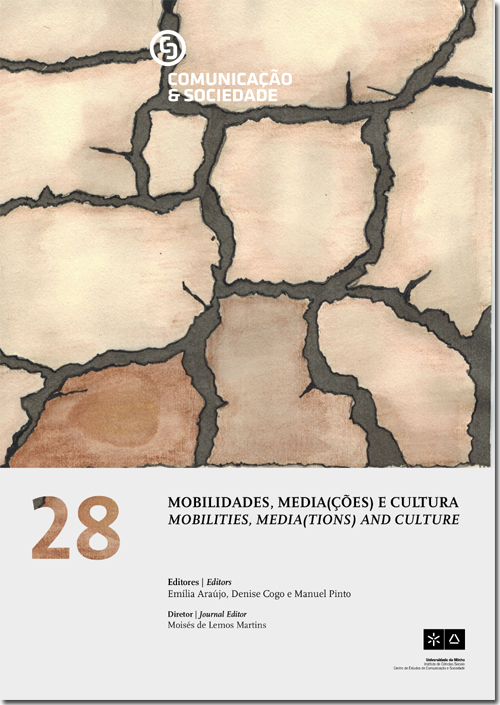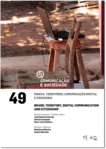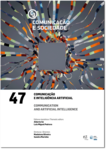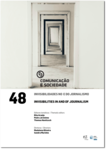In the meantime or the (ab)use of online accessing during mobility
DOI:
https://doi.org/10.17231/comsoc.28(2015).2280Palavras-chave:
ICT use, travel behavior, mobility, visual research methods, mobile interviewsResumo
The recent development of ICT has created conditions for people to be constantly online. These days is common to receive an email ended by a sentence like “sent from my iPhone”, meaning that the sender used his or her cell phone to send it and therefore his or her location is uncertain – could be in a restaurant, at work, at home or even moving. Social interaction, while commuting or travelling, was only possible when people were not travelling alone. Mobile telecommunications changed this scenario bringing the mobile communication to the time-space of dislocation. In recent years the spread of sales of smartphones and iphones has changed the motion scenarios. In what extended is this tendency connected to a leisure practice or to work continuity? Using a set of empirical data that combines the results of two mobility surveys in the Portuguese metropolitan areas, mobile interviews and visual research methods this paper debates the recent evolution of the time-space of mobility. The results allow us to discuss the role of ICT in the mediation of spaces anchor and the diversification of uses of Internet accessing while on mobility.Downloads
Downloads
Publicado
Como Citar
Edição
Secção
Licença
Os autores são titulares dos direitos de autor, concedendo à revista o direito de primeira publicação. O trabalho é licenciado com uma Licença Creative Commons - Atribuição 4.0 Internacional.











